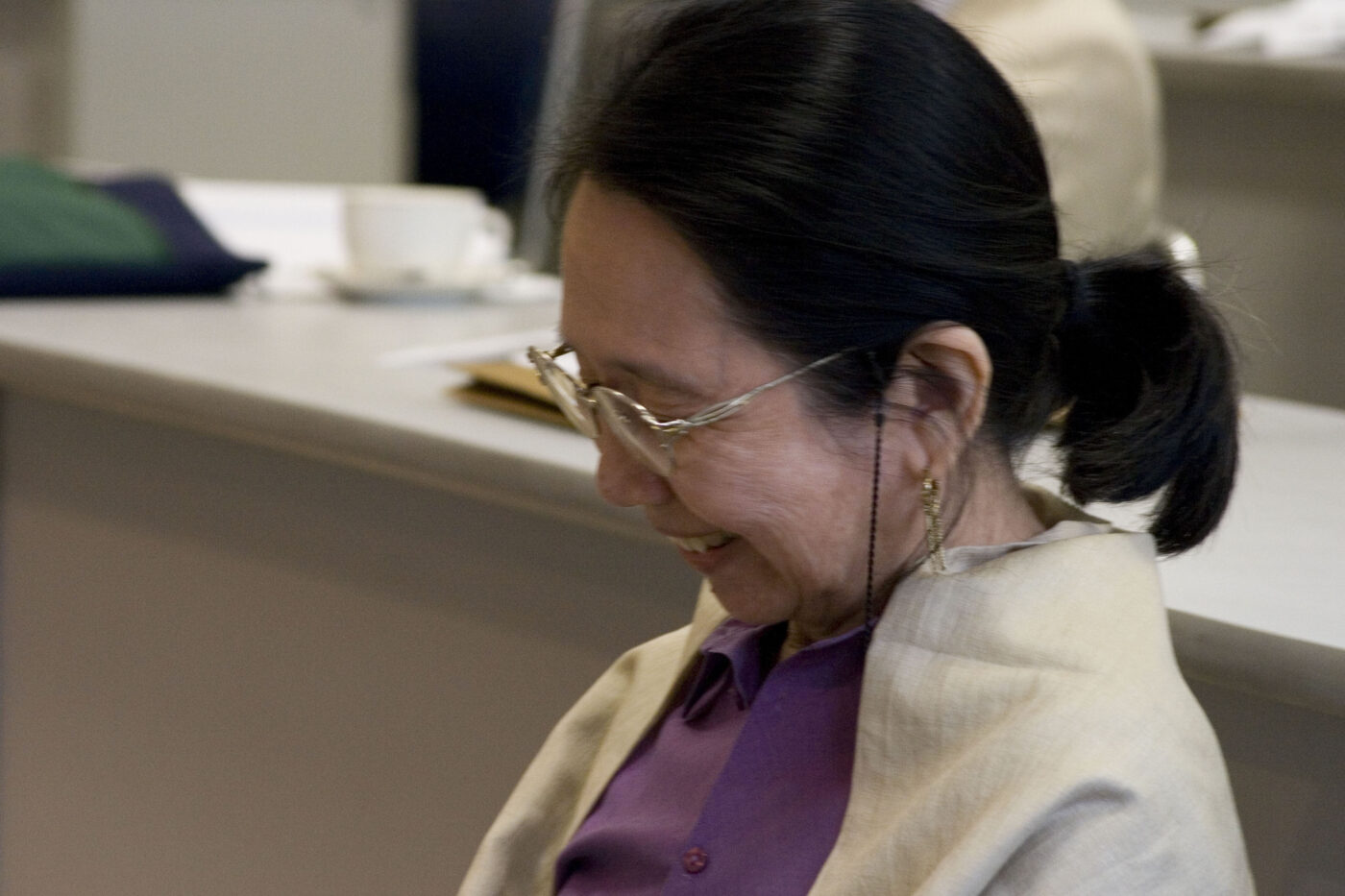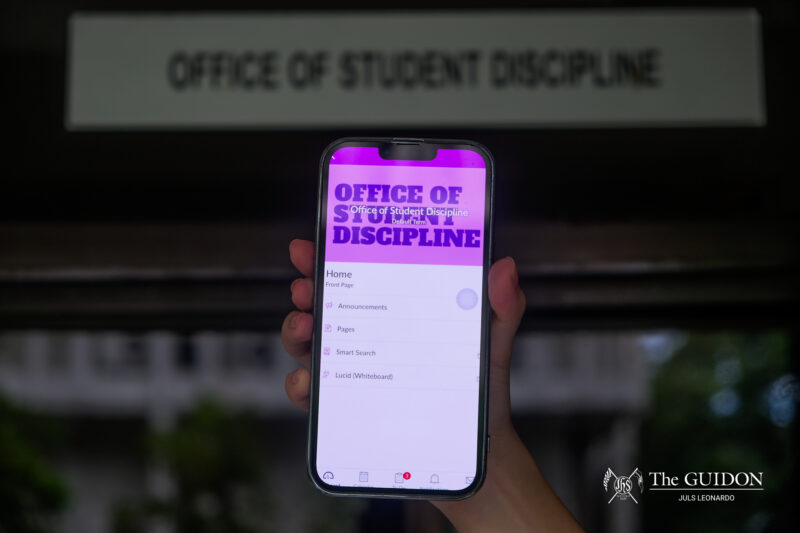THE SUN has set for one inspiring woman who devoted years of her life to deepen the relationships between the Philippines and Japan.
Professor Emeritus Lydia Yu-Jose, PhD passed away on August 3 at the age of 70. She fought a six-year battle with non-Hodgkin’s lymphomaa cancer that originates in cells called lymphocytes.
Yu-Jose began teaching in the Ateneo in 1967 and laid the foundations for Japanese studies and research in the Loyola Schools (LS).
She became director of the Japanese Studies Program from 1989 to 1993, 1995 to 1996 and 2004 to 2007.
Aside from heading the said program, Yu-Jose also served as the chair of the Political Science Department from 1997 to 2001.
Yu-Jose helped establish the Ateneo Center for Asian Studies in 2001 and became its director from 2004 to 2013 as well.
In commemoration of Yu-Jose’s life and works, her colleagues held a tribute for her on August 8 at Faber Hall.
During the tribute, Yu-Jose’s students and friends shared their memories of her, with her books and paintings also displayed.
Yu-Jose’s husband, Rico Jose, PhD, received a token of appreciation from her colleagues during the program,
Political science legacy
Yu-Jose left a lasting impression not only to the political science program, but to the people she worked with.
In an interview with The GUIDON, Political Science Department Chair Maria Elissa Jayme-Lao, DPA said that Yu-Jose was key in hiring more faculty members and in pushing the younger teaching staff to develop research-wise.
Political Science Department Assistant Professor Alma Maria Salvador, PhD said that Yu-Jose also made sure that the Masters of Arts (MA) programs in political science became and remained active.
“She made sure that there are students [in the program] and she very much instituted the mentoring system,” Salvador said.
Currently, the Political Science Department offers two MA programs, one in public management and the other in global politics.
Salvador recounted that, at one time, Yu-Jose was both her chair and research mentor.
“When [Yu-Jose] was chair, she was scary… Because of the difference [of] age between [the Political Science Department faculty] and her, she had to really mentor all of us, and her mentoring was rather disciplinarian,” said Salvador.
Salvador said that Yu-Jose remained just as strict as a research mentor. “It was a scarier experience because she enforced deadlines… There were no excuses.”
“But in retrospect, [I] also become that way to students and to younger peers. In fact, [I] learned now that it’s part of the learning process,” said Salvador.
As for Lao, Yu-Jose was “strict but fair” as a boss. “She gives her opinion, but she also makes sure that you have an opinion yourself.”
Lao said that Yu-Jose was also concerned about her colleagues’ non-academic life; she would ask them about how they were doing and how their children were.
Fil-Jap relationship
In 2006, Yu-Jose received a testimonial signed by then Minister for Foreign Affairs of Japan Taro Aso during the 50th anniversary celebration of normalizing diplomatic relations between Japan and the Philippines.
The said testimonial commended the Japanese Studies Program for promoting mutual understanding between the two countries by having excellent Japanese studies researchers who contributed to the advancement of cultural exchange.
In 2012, Yu-Jose was conferred the Order of the Rising Sun, Gold Rays with Neck Ribbon in recognition of her contribution to fostering Japanese studies in the country.
The Gold Rays with Neck Ribbon is third of the six classes of The Order of the Rising Sun, a decoration given by the Japanese government to individuals who have distinguished achievements in advancing their respective fields, promoting Japanese culture and international relations, developing welfare or preserving the environment.
According to Japanese Studies Program Assistant Professor Karl Ian Cheng Chua, PhD, “Dr. Yu-Jose, in her existence, is an integral person [to the Japanese Studies Program], so from what little she had, she was able to share generously.”
Cheng Chua said that the Japanese Studies Program will continue what Yu-Jose had instilled upon them, through “attracting more people to study Japan more deeply.”
Cheng Chua expressed how, through his experience with Yu-Jose as a research mentor, he learned that “[students] should appreciate [their] teachers no matter how strict they are.”







